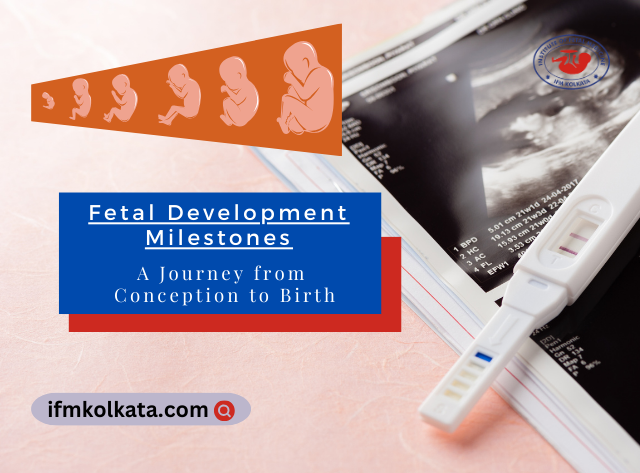Early pregnancy screening is a vital step in ensuring the well-being of expectant mothers and their precious babies. These screenings, performed during the first trimester, are crucial for identifying potential risks and complications early on, setting the stage for a healthy and worry-free pregnancy journey. Let’s delve into the importance of early pregnancy screening in fetal medicine.
Why Early Pregnancy Screening Matters
- Timely Detection of Health Risks: Early screenings include blood tests and ultrasounds to check the mother’s health and assess the baby’s development. This timely detection of potential health risks allows for immediate intervention if needed.
- Accurate Due Date Estimation: Ultrasound scans during early screening help accurately estimate the due date, ensuring that the pregnancy progresses as expected.
- Detecting Multiple Pregnancies: Early ultrasounds can reveal if there are multiple babies on the way, allowing for appropriate care and preparations.
Key Components of Early Pregnancy Screening
- Blood Tests: These tests gauge the mother’s overall health, blood type, and screen for infections like HIV and syphilis, which could affect both mother and baby.
- Genetic Screening: Identifying genetic disorders early on empowers parents to make informed decisions about their baby’s health and well-being.
- Nuchal Translucency Screening: This specialized ultrasound measures the thickness of the baby’s neck tissue, assessing the risk of chromosomal abnormalities such as Down syndrome.
- First Trimester Combined Screening: A combination of blood tests and ultrasound results in a comprehensive assessment of the risk of chromosomal abnormalities.
Benefits of Early Pregnancy Screening
- Peace of Mind: Expectant parents gain peace of mind by knowing that potential problems are being monitored and addressed promptly.
- Healthier Pregnancy: Early screening helps ensure the mother’s health, reducing complications during pregnancy.
- Healthy Babies: Identifying and managing potential issues early can lead to healthier outcomes for babies.
Conclusion
Early pregnancy screening is the cornerstone of fetal medicine. It empowers expectant mothers and fathers with the information they need to ensure a healthy and happy pregnancy journey. By embracing these screenings, you can lay the foundation for a bright and promising future for both the mother and the precious little one on the way. In the world of fetal medicine, early pregnancy screening is your best friend, guiding you towards a journey filled with hope and good health.











